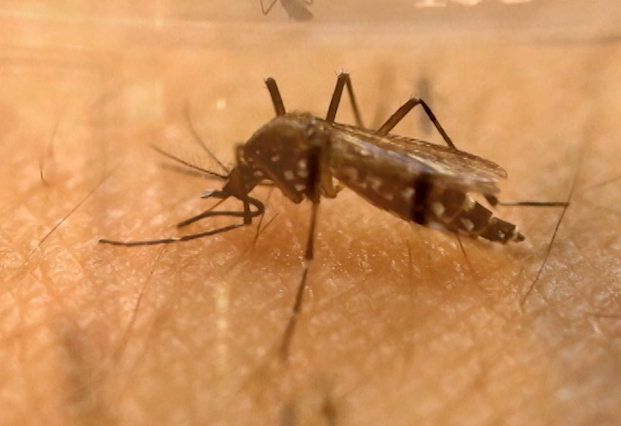Low mosquito counts in most of Saskatchewan haven’t stopped the arrival of the pesky insects infected with the West Nile virus.

The province confirmed Wednesday the first virus-infected Culex tarsalis mosquitoes of the season have been detected.
The surveillance and transmission report said four infected mosquitoes were detected in Zone 3 of the province — the moist mixed-grass prairie/aspen parkland ecological risk area of the province which includes Regina and Saskatoon.
The report says while Culex tarsalis numbers have recently increased as the third generation of mosquitos emerge, numbers remain low compared to the five-year average.

Get weekly health news
No human cases of the virus have been reported to date in 2021.
The last case of West Nile reported in Saskatchewan was in 2018 when three people were treated for the virus.
The largest outbreak in the province was in 2007 when there were 76 confirmed cases and six deaths.
Health officials said most people who become infected with the West Nile virus experience no or mild symptoms.
A small number of people may develop a more serious condition known as West Nile virus neuroinvasive disease, they said.
Anyone experiencing fever, confusion, neck stiffness, or an unusually severe headache should seek medical attention.
Precautions can be taken to minimize the risk of infection:
- reduce time outdoors in the evening as mosquitoes carrying the virus are most active between dusk and dawn
- ensure doors and windows are tight and screens are free from holes
- use appropriate insect repellent
- wear light-coloured, loose-fitting, long-sleeved clothing
- remove any standing water from your property.





Comments